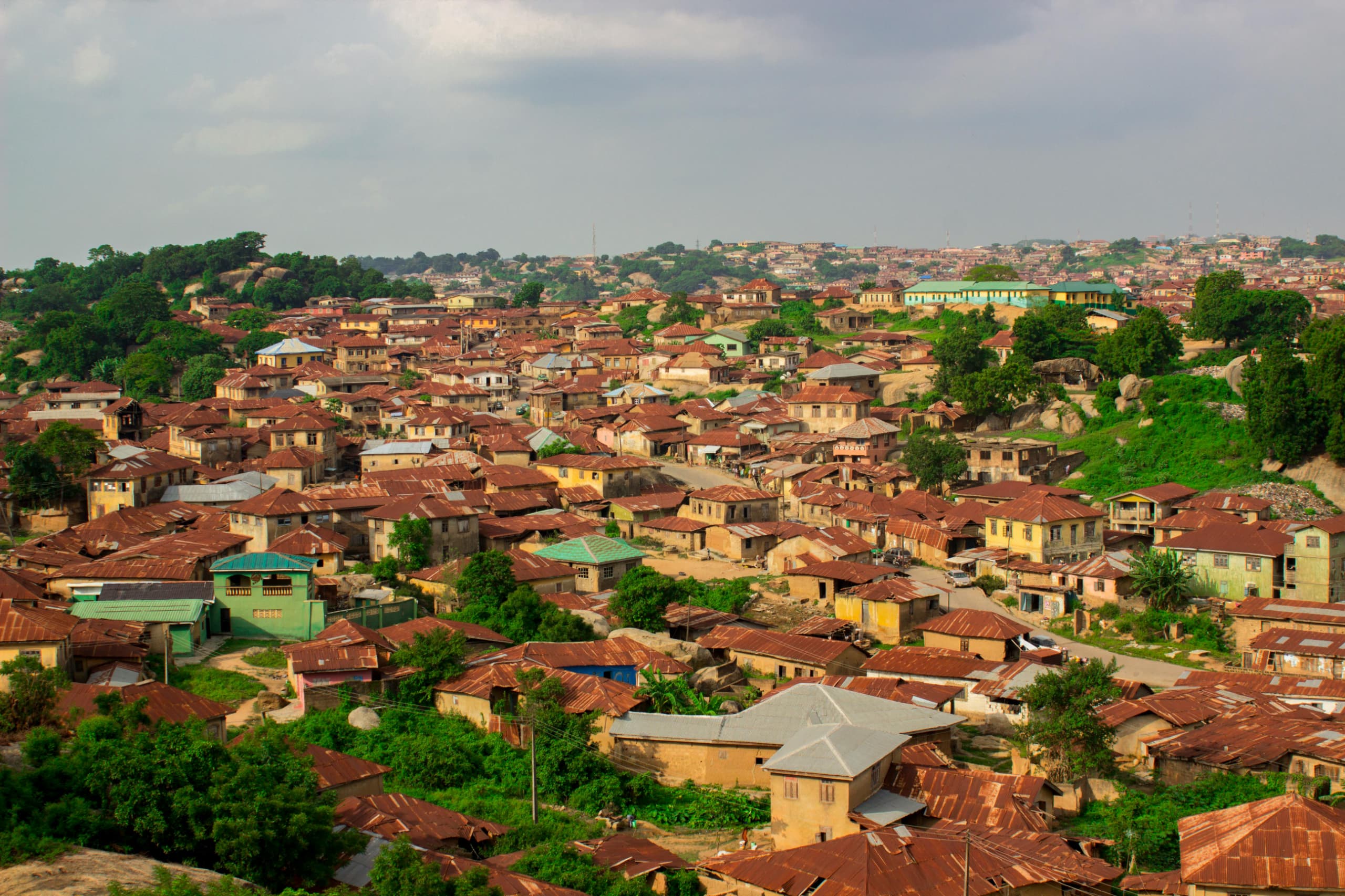
Bridging the Housing Deficit in Nigeria: Challenges, Opportunities, and Solutions
Bridging the Housing Deficit in Nigeria: Challenges, Opportunities, and Solutions
Nigeria, Africa’s largest economy, faces a daunting housing deficit. The country’s growing population, urbanization, and lack of affordable housing options have resulted in a significant shortage of decent and affordable housing. At Blue Iroko, we recognize the urgency of this issue and are committed to contributing to the conversation on bridging the housing deficit in Nigeria.
The Scope of the Problem
Estimates suggest that Nigeria’s housing deficit stands at approximately 17 million units, with the demand for housing far outstripping supply. This shortage affects not only low-income families but also the middle class, who struggle to find affordable and quality housing. The deficit is exacerbated by factors such as:
-Rapid urbanization
-Limited access to finance and mortgage options
-Inefficient land allocation and registration processes
-High construction costs
-Lack of infrastructure and services
Challenges and Opportunities
Bridging the housing deficit in Nigeria requires addressing the underlying challenges and leveraging opportunities:
Innovative Financing Models: Exploring alternative financing options, such as public-private partnerships, affordable mortgage schemes, and crowdfunding platforms.
Sustainable Building Materials: Adopting eco-friendly and locally sourced materials to reduce construction costs and environmental impact.
Technology-Driven Solutions: Embracing digital tools and platforms to streamline the design, construction, and management of housing projects.
Collaborative Governance: Fostering partnerships between government agencies, private developers, and community organizations to ensure inclusive and sustainable development.
Blue Iroko’s Approach
At Blue Iroko, we are committed to designing and delivering innovative, sustainable, and affordable housing solutions. Our approach includes:
Contextual Design: Creating housing designs that respond to Nigeria’s cultural, climatic, and socio-economic contexts.
Community Engagement: Collaborating with local communities to ensure that housing projects meet their needs and aspirations.
Sustainable Construction: Incorporating green building practices and locally sourced materials into our construction processes.
Conclusion
Bridging the housing deficit in Nigeria requires a multifaceted approach that addresses the complex challenges and leverages opportunities for innovation and collaboration. At Blue Iroko, we are dedicated to contributing to the solution by designing and delivering sustainable, affordable, and quality housing options for Nigerians.
